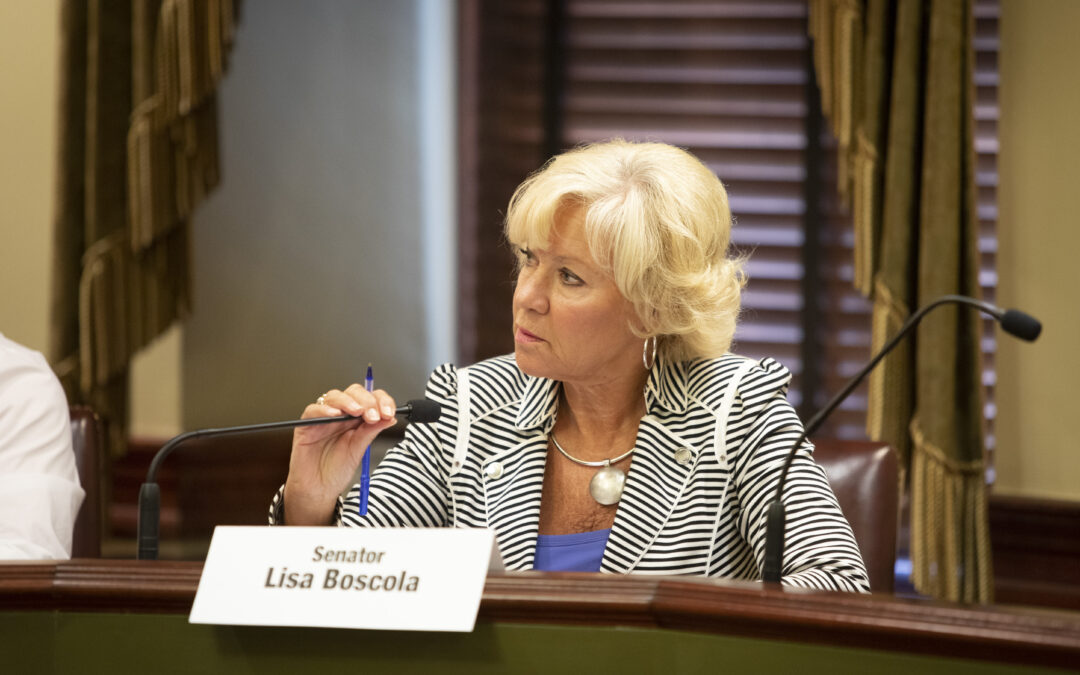Harrisburg (June 6, 2023) – The Pennsylvania Senate’s Game and Fisheries Committee today unanimously approved State Senator Lisa Boscola’s bill (Senate Bill 709) that would increase the state fine from $200 to $2,000 for killing a bald or golden eagle.
“My legislation builds upon the tremendous work already done by conservationists and law enforcement officers to bring back eagles from the brink of extinction by upgrading the penalty to better reflect the continuing importance of these birds as America’s revered national symbol,” Boscola (D-Northampton/Lehigh) stated.
Boscola said the eagle was the focus of one of the greatest conservation efforts in American history. Congress passed a law to protect bald eagles in 1940 and golden eagles in 1962. The eagle population had been threatened into near extinction by poaching, hunting, pesticide use, habitat destruction and other dangers throughout the early 20th century.
Aided by the protection laws and the state Game Commission’s re-entry program, the nesting population of bald eagles in Pennsylvania increased from three pairs in 1980 to 270 pairs in 2013 to over 300 today. The bald eagle was removed from the federal endangered species list in 2007. Its status in Pennsylvania was changed to “protected” in 2014.
“While I am encouraged by the eagle population’s rebound in recent decades here in Pennsylvania, we must continue to safeguard this progress and deter the killing of these emblematic creatures,” Boscola said.
Revenue from the fines would be designated towards replacement costs. The Federal Bald and Golden Eagle Protection Act would continue to apply. Boscola first introduced her legislation in August of 2015.
The Northampton County lawmaker said the eagle symbolizes strength, and still holds great significance within Native American cultures and traditions. It has also been displayed on the United States’ seal since 1782.
Senate Bill 709 now goes to the full Senate for consideration. Last session, Boscola’s bill to protect bald and golden eagles, Senate Bill 337, passed the Senate on December 14, 2021, but no action was taken in the House.
###

